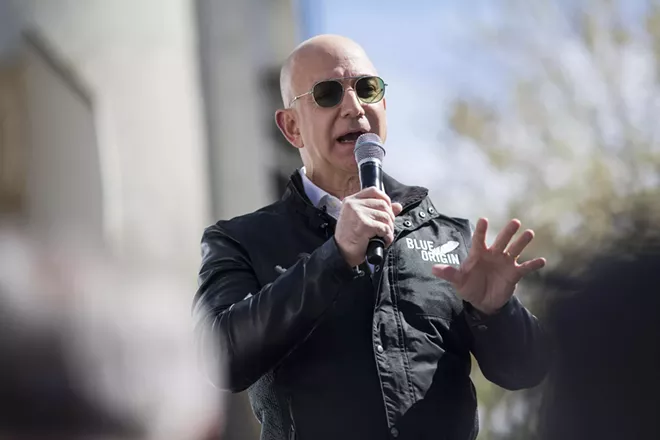By CECILIA KANG
© 2017 New York Times News Service
WASHINGTON — On a sunny day in July, commuters arriving into Union Station, in the shadow of Capitol Hill, were greeted with free bananas passed out by Amazon employees. In a Senate building, lawmakers and their aides attended policy panels on how Amazon manages privacy on its Echo devices and how sales for small businesses are booming on its online store.
Amazon is sweeping the nation’s capitol with a branding campaign of jobs creation and support for small businesses, promoting the upsides of its major expansion in media, groceries and transportation.
This year, Amazon has increased its lobbying staff to 83 members from 60, making it one of the biggest corporate lobbying shops in town. The company is also on its way to surpassing its previous high for lobbying spending: $11.3 million last year. The $6.2 million Amazon spent in the first two quarters of this year was the 11th most among companies, above Exxon and far above Walmart, which spent $3.6 million in the same period.
Amazon’s strategic shift from what was previously a no-frills operation has happened as politicians are getting more bold in their criticism about the size and influence of the country’s big tech companies.
Amazon has attracted its own set of vocal critics, who say the company’s push into groceries, fashion, transportation and other industries threatens competition.
Amazon has said that its online retail business makes up a minority of all commerce and that it is producing tens of thousands of jobs in regions that have long been in decline.
But “With Amazon, we need more transparency and need to look at longer term factors when it comes to competition,” Sen. Amy Klobuchar, D-Minn., said in a recent interview. “The people at the Justice Department in antitrust need to look at deals in other ways.”















